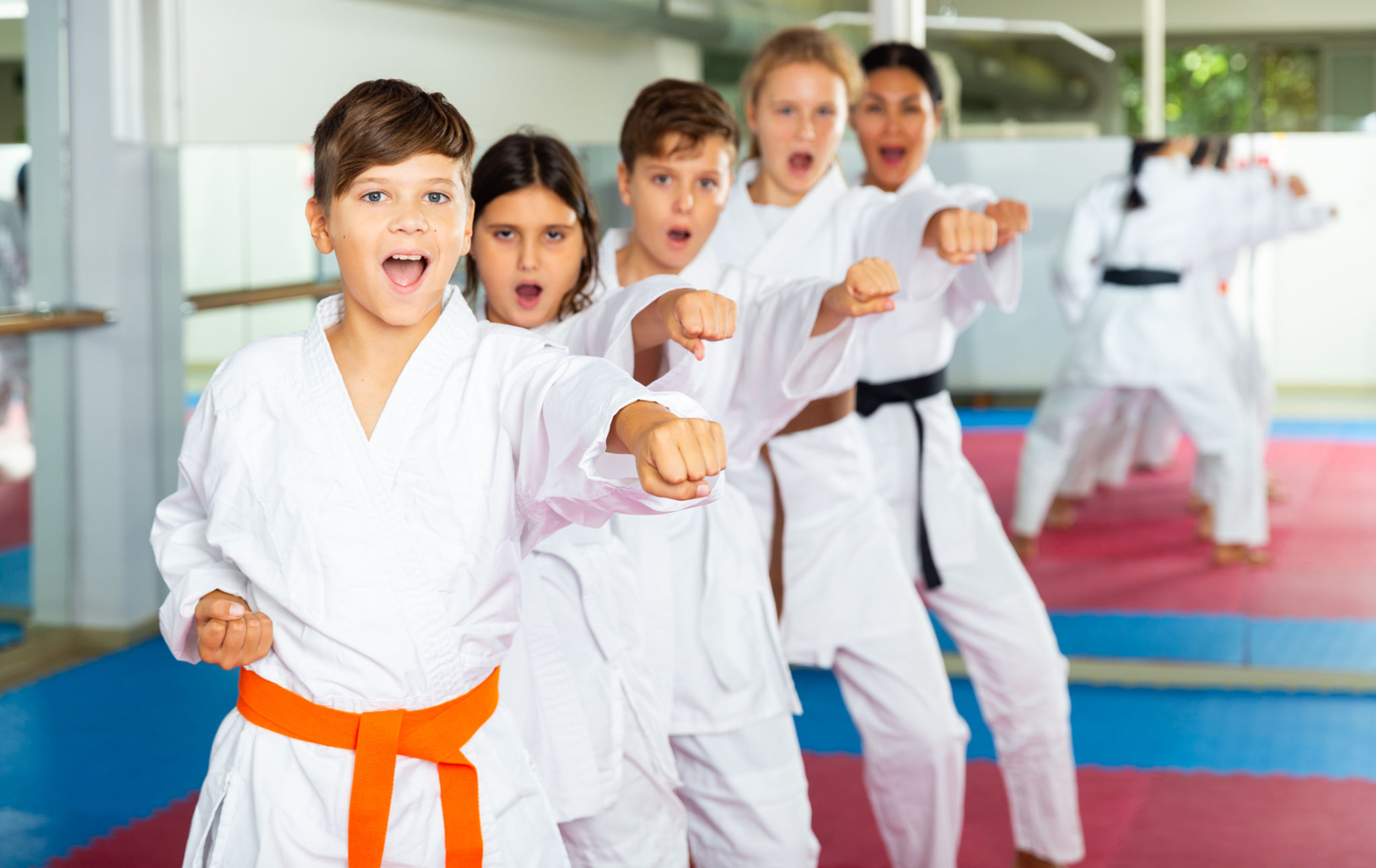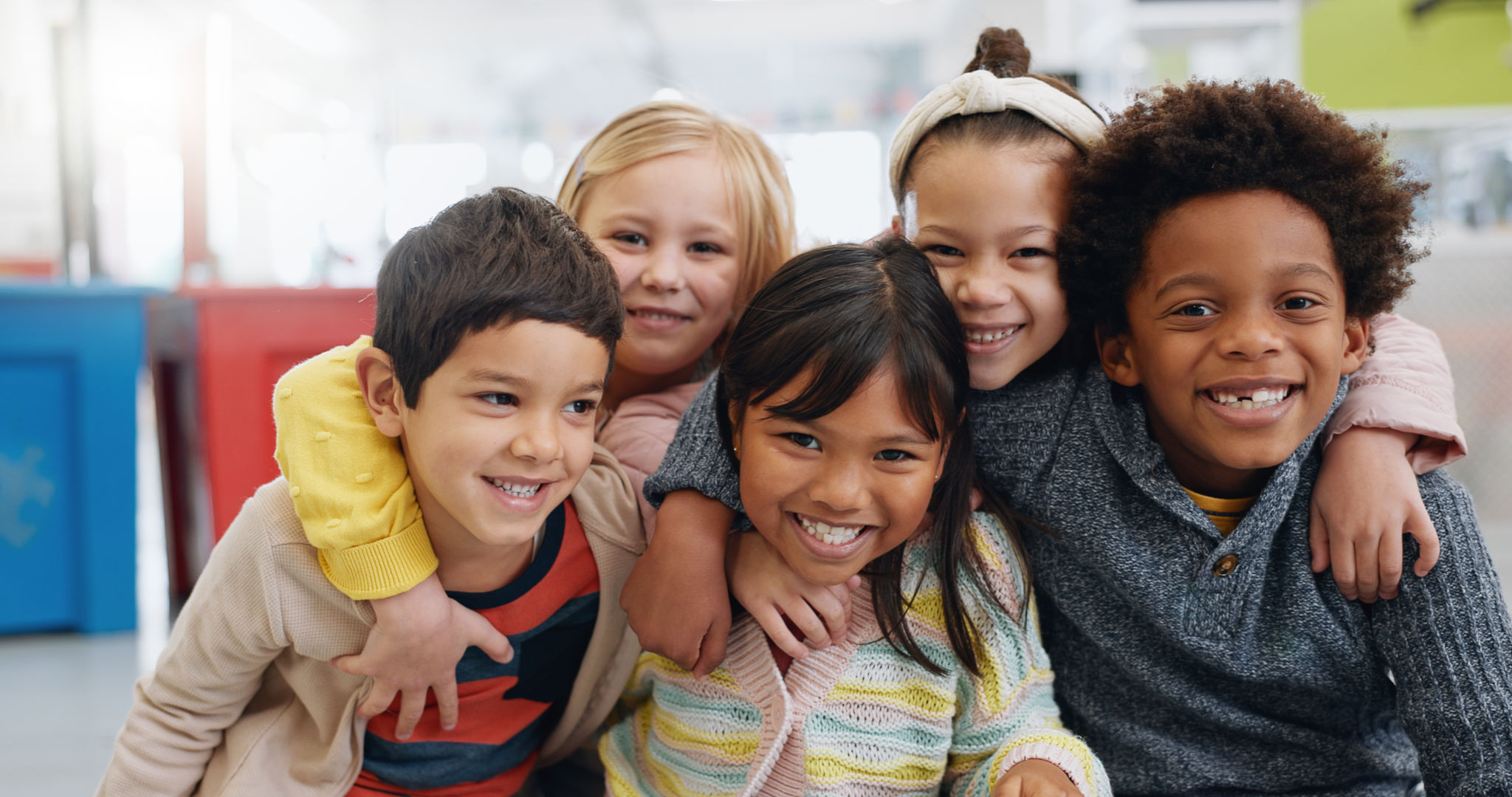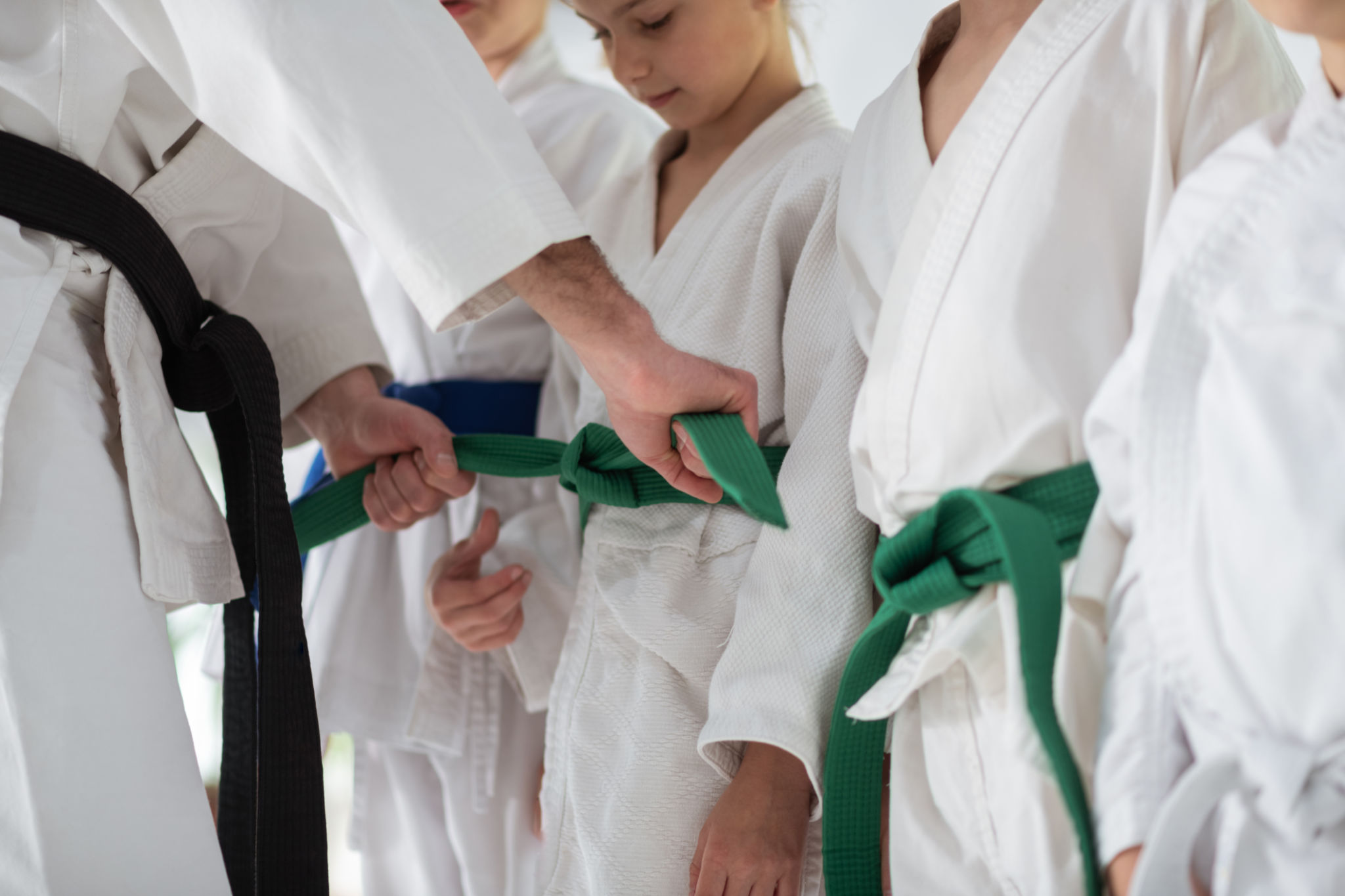How Karate Classes Build Confidence in Children
Introduction to Karate for Children
Karate is more than just a martial art; it is a powerful tool for personal development. For children, in particular, karate classes offer a unique opportunity to build confidence while learning valuable life skills. Through disciplined practice and structured training, children can gain self-assurance that extends far beyond the dojo.
The Role of Discipline and Structure
One of the key elements of karate is its emphasis on discipline and structure. Children learn to follow instructions, pay attention to detail, and commit to regular practice. This discipline not only improves their karate skills but also translates into better focus and behavior in other areas of their lives, such as school and home.

Achieving Goals and Building Self-Esteem
Karate is structured around achieving specific goals, such as earning new belts or mastering techniques. As children work towards these goals, they experience a sense of accomplishment that boosts their self-esteem. Each belt earned or skill mastered reinforces their belief in their abilities, fostering a positive self-image.
Social Interaction and Teamwork
Karate classes provide a social environment where children interact with peers who share similar interests. This interaction teaches them important social skills like cooperation, respect, and teamwork. Working together in pairs or groups during drills helps children learn how to collaborate effectively while building friendships.

Handling Challenges and Overcoming Fear
Karate presents various challenges that require children to step out of their comfort zones. Whether it's sparring with a partner or performing in front of the class, these experiences teach them how to face fears head-on. Overcoming these challenges helps children build resilience and the courage to tackle obstacles outside the dojo.
The Physical and Mental Benefits
Beyond the mental benefits, karate also provides significant physical advantages. Regular practice improves strength, flexibility, and coordination. These physical improvements contribute to a child's overall well-being and enhance their confidence in their physical abilities.

Parental Involvement and Support
Parents play a crucial role in their child's karate journey. By attending classes, showing interest in their progress, and encouraging their efforts, parents can help reinforce the confidence-building aspects of karate. Their support makes children feel valued and further boosts their self-confidence.
The Long-Term Impact on Confidence
The confidence gained through karate classes often has a lasting impact on children. As they grow older, the self-assurance developed in the dojo can influence their academic achievements, social interactions, and personal relationships. Karate helps lay a solid foundation for lifelong confidence and success.
Conclusion
Karate classes offer a dynamic environment for children to build confidence through discipline, goal achievement, social interaction, and physical activity. By encouraging children to overcome challenges and celebrate successes, karate instills a sense of self-worth that extends well beyond martial arts training.
